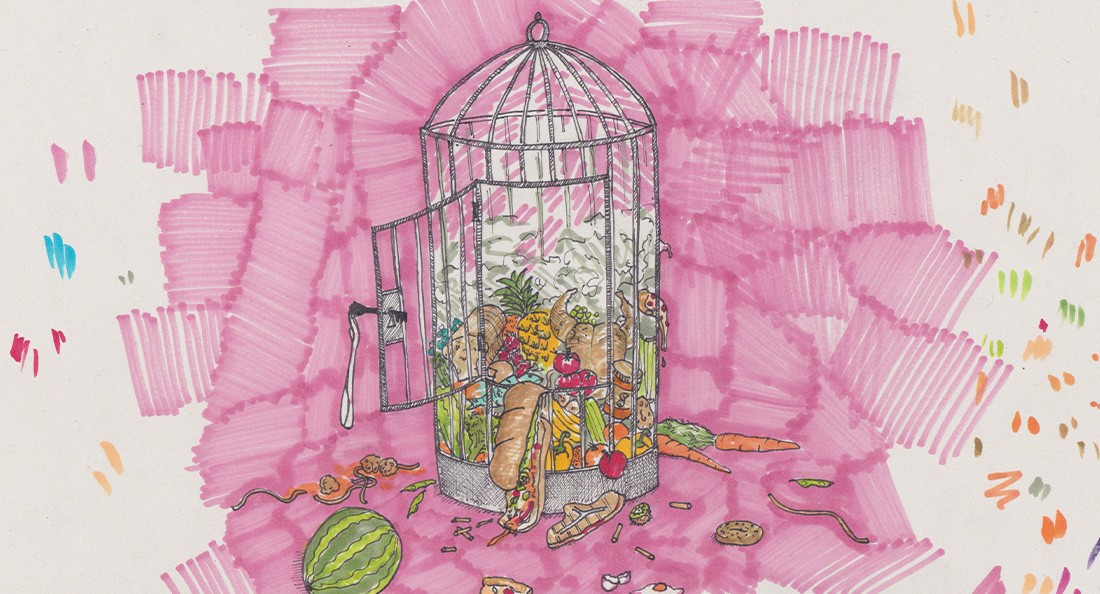Food policy for thought
Planning for Winnipeg’s first food policy council underway
Winnipeg is getting a glance at what a food policy council will look like for the city.
The development of this council was approved unanimously by the Executive Policy Council on Feb. 8. The food policy council must still be approved once more before action can be taken and a membership list developed.
“The food council’s general function would be to give advice to the mayor and city council, support food-related work in the community, encourage collaboration and networking between and within food sectors (and) support ongoing consultation,” Karin Kliewer of the planning, property and development department for the city, says.
But when tackling a number of issues relating to food, how do you make meaningful change that affects the root of a particular food issue?
Ryan Cardwell, an associate professor in the department of agribusiness and agricultural development for the University of Manitoba (U of M), cautions against the use of an umbrella council to address the complex issue of food security.
“Anytime a body like this gets together and has grand aspirations, I think the first thing to do and the most important thing to do is have realistic expectations,” Cardwell says. “If they want to have any effect on some sort of measurable objective, they have to identify what that objective is.”
Cardwell explains that addressing the interests of so many diverse individuals involved (including community members, entrepreneurs, government representatives, social enterprises, those in environmental and health sectors and more), each with different issues they want to tackle, isn’t possible.
“We’ve got this menu of potential options (and) policy tools we can pursue. Let's look into how successful they might be,” Cardwell says. “Then we can maybe implement them (and) measure whether or not they were effective.”
Cardwell also expresses concern in trying to tackle issues of food security, which he says are a function of poverty and aren’t addressed solely by the development of community gardens or stimulating local food production.
“Food insecurity is a function of income, so poor people are food insecure whether that food is produced in Brazil or in Steinbach,” Cardwell says.
“The old thinking, (and) some people still think this way, is to get people food secure ... is to increase their production of food in all these different ways. What we’ve learned is that even in periods of famine … the problem is, in fact, almost never a shortage of food.”
Though Cardwell explains that community gardens and similar programs are not a bad idea, they won’t tackle issues of food insecurity.
“(We) could have more community gardens and subsidize local production of food using taxpayer money … if people are producing and consuming local food, that’s great, but it’s a private good. It’s almost exclusively to the benefit of people who choose to do that, and those people are typically not food insecure, low-income households,” Cardwell says.
The city’s planning department paired with Food Matters Manitoba to help plan and execute two stakeholder events held on May 30 and June 2, 2016, to receive input, direction and support for the council.
“One of the first tasks of the proposed (council) would be to initiate development of an agricultural and food strategy for the city, which would involve extensive consultation with as many different people as possible,” Kliewer says.
She says the strategy is also being developed to address municipal food security and food system issues.
The council is working to develop within a local context by collaborating with OurWinnipeg – an initiative that has a 25-year development plan for Winnipeg.
OurWinnipeg’s development plan focuses on the connection between local food and healthier neighbourhoods as a revitalization strategy and hopes to promote community partnerships and economic development opportunities, such as maintaining and creating community gardens as a viable food resource.
Published in Volume 71, Number 21 of The Uniter (February 22, 2017)








